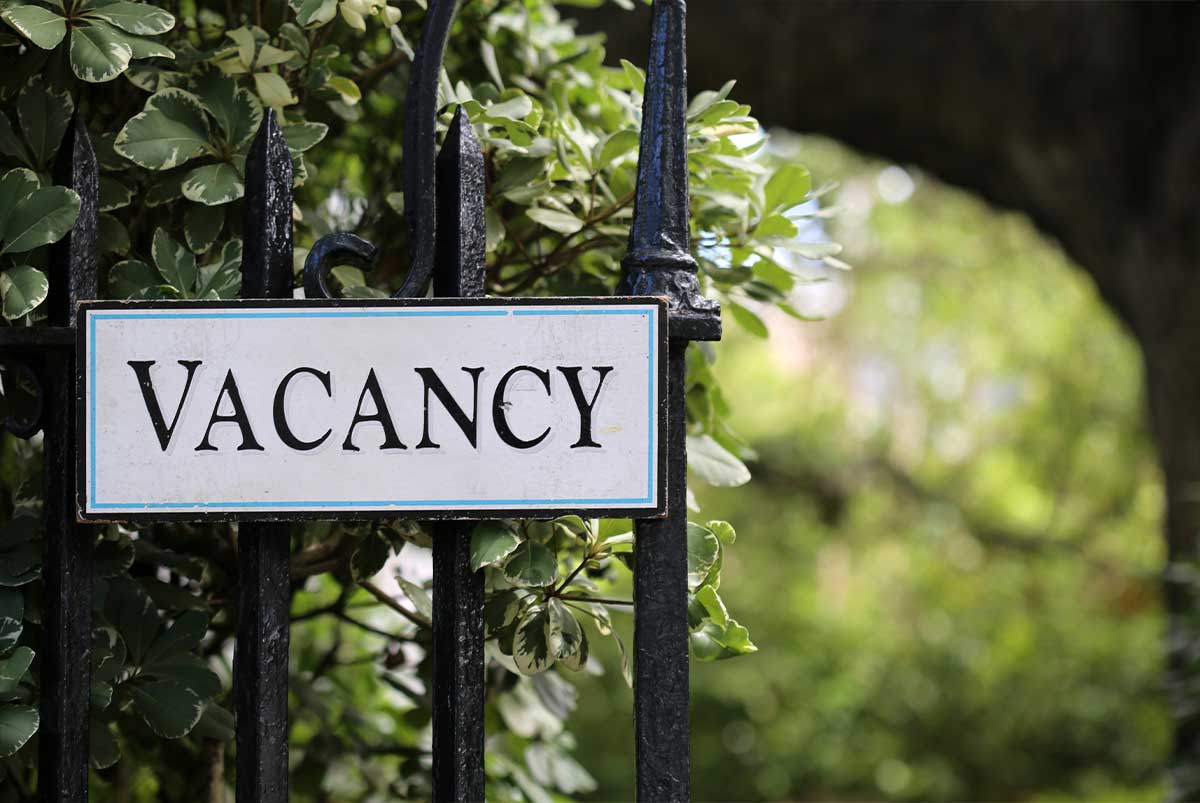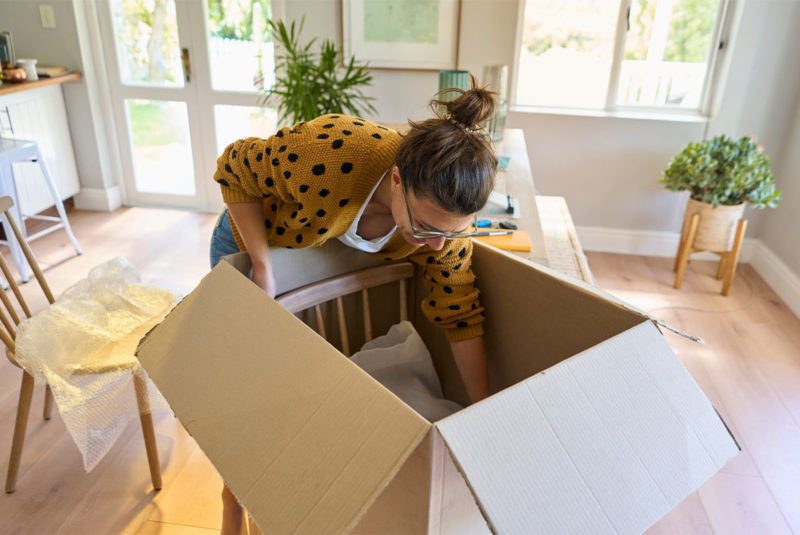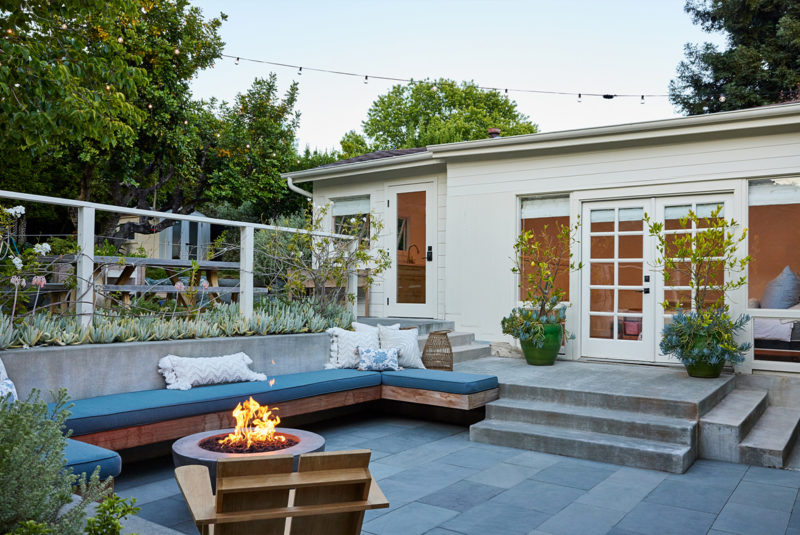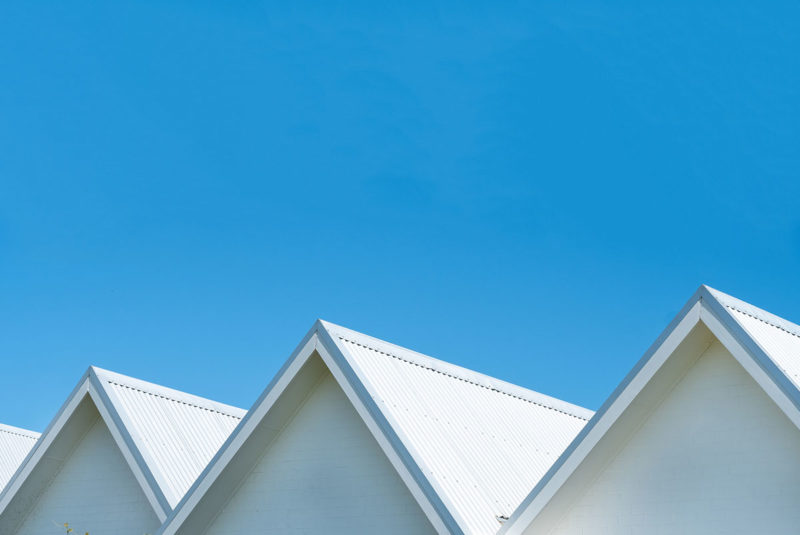Ready To Buy a Home?
Get Approved to Buy a Home
Rocket Mortgage® lets you get to house hunting sooner.
When it comes to standard home insurance policies, the coverage when you’re going away for a few days isn’t the same level of coverage you’ll need if your house is empty for an extended period of time. Whether you’re waiting for your house to sell or looking for the right tenant, a vacant property generally needs a separate insurance policy to properly protect it.
Without vacant home insurance, you might be on the hook for damages or losses due to vandalism, theft or weather events. If you’re planning to leave your home with no one in it for a long time – or you’re buying an investment property you won’t be living in – consider paying a little extra for insurance to protect your property from various risks and protect its value.
To help you get started, we’ve put together this guide on vacant home insurance.
What Is Vacant Home Insurance?
Vacant home insurance, also called vacant dwelling insurance or vacant property insurance, is specialty coverage that protects vacant properties if they experience physical loss or damage detailed in the insurance policy. A vacant home insurance policy protects your home from hazards like theft, vandalism or physical damage if it’s unoccupied for an extended period. This kind of insurance is an add-on to an existing homeowners insurance policy.
To be classified as a vacant home, your property must be left unoccupied for 30 – 60 days. And that doesn’t necessarily mean that the house is boarded up and abandoned.
Your average home insurance policy won’t offer insurance coverage for claims on vacant properties because they include clauses that restrict coverage. Standard homeowners insurance usually won’t cover claims if a home is unoccupied for 30 days or more – which is where vacant home insurance comes in. Regular home insurance usually applies to damage or loss that occurs within 30 days of the home being vacated. The coverage won’t extend beyond 30 days.
For example, a typical home insurance policy will cover damages from a fire while you’re off on a 7-day vacation in Mexico, but not if you’re backpacking around Europe for several months. Vacant homes are more vulnerable to damage because they’re empty and aren’t being looked after, which is why additional insurance coverage is recommended.
What is the difference between vacant and unoccupied?
In the home insurance world, the terms “vacant” and “unoccupied” aren’t necessarily synonymous. Though an insurer’s product may be called “vacant and unoccupied home insurance,” insurers distinguish between these terms based on a few criteria and factor that into determining your insurance rate.
Let’s revisit the months-long getaway in Europe. Say you leave everything behind at home except what you can fit in your backpack. Insurers usually define a long-term empty home that contains personal property – like furniture, clothes or other belongings – as unoccupied. They’ll also check if the utilities are still on and if the appliances still work. They may even ask you why the house is being left empty.
Insurers may consider the property vacant if you only leave behind a few items or none at all. Depending on the wording of your policy, the home doesn’t have to be totally empty to qualify as vacant. If the home’s insurer believes the home lacks the typical amount of items necessary for day-to-day living but isn’t empty, they might view it as functionally vacant.
What Does Vacant Home Insurance Cover?
Vacant home insurance protects your property from many of the same scenarios covered by standard home insurance policies – but under long-term vacancy circumstances. Here are some of the damage or loss claims included under vacant home insurance:
- Theft
- Fire
- Vandalism
- Explosions
- Leaking or burst pipes
- Smoke
- Lightning
- Hail
- Wind
Other hazards, such as pools or lakes, may disqualify your property for vacant home insurance eligibility. In some cases, you might need to purchase additional specialty insurance policies. Your policy will detail and spell out an exhaustive list of claims that are covered, so make sure you read the full policy and talk to your agent to see if any specialty insurance coverage is needed.
The terms of vacant home insurance policies can range from 3 – 12 months. The policy’s term and damage coverage will depend on your insurance company and the policy they choose. When making a decision, an insurance agent will take into account how your home is used, the reason for the vacancy and its current condition and value.
Why Do I Need Vacant Home Insurance?
Insurance companies see vacant homes as higher risks. As a general rule, insurers won’t accept any property damage or loss claims for unoccupied or vacant properties unless the owner has vacant home insurance.
Although getting vacant home insurance might seem like overkill, insurance companies have a point. If no one is there to either prevent or report damage, what could have been minimal damage may become significant damage. Vacant homes are also vulnerable targets for thefts, break-ins, small fires or other incidents that can quickly get out of hand in an empty home.
Here are some situations when you might consider vacant home insurance:
- Rental property: You’re looking for new tenants, or you leave a short-term rental home unoccupied during the offseason.
- Selling a property: You’ve already moved into a new home, but you’re waiting for a buyer or a better market to sell your old home.
- Renovations and repairs: Some home improvements or repairs make it inconvenient or impossible to stay in the home.
- Vacation or second home: You only live in your vacation or second home for a few months out of the year.
- Medical needs: Medical treatments or being the primary caregiver for others requires you to be away from your home long term.
- Long-term traveling: Long work trips or extended vacations that keep you away from home for more than a few weeks.
How Much Does Vacant Home Insurance Cost?
Because vacant homes are more vulnerable and pose a higher risk for insurers, you can expect to pay about one and a half to three times more for a vacant home insurance policy than a standard home insurance policy.
Your cost will depend on the insurance company, the policy and your home’s risks and hazards. To start planning for the cost of the policy, make sure you budget for at least 50% more than the cost of your current homeowners insurance policy.
There are also a few considerations that can cut down your costs. Insurance companies might prorate your year-long policy if your home is only vacant for a few months. You might be able to lower your home’s risk profile if you arrange for someone to regularly check in on the house. Smoke alarms, carbon monoxide detectors or security systems may also reduce your risk profile and earn you discounts on your policy.
How Do I Purchase Vacant Home Insurance?
Purchasing vacant home insurance is fairly similar to getting regular homeowners insurance. Some steps include:
- Speaking with insurance companies: Ask your insurance company how they handle vacant home insurance. Sometimes they’ll add an endorsement (also called an insurance rider) to your existing policy. In other cases, you’ll purchase a separate policy.
- Comparing policy quotes and coverage: If you need a new policy, get quotes from a few insurance providers and compare them. Some insurance providers restrict coverage based on your property’s location.
- Gathering necessary documents: Insurers will need to review a few documents along with your application. Organize your proof of homeownership, identification, existing or past insurance policies, the property’s value and vacancy timeline.
- Choosing a quote: Consider factors like cost, deductibles and the type of coverage each insurer offers.
- Completing an application: Once you’ve decided on a quote and organized your paperwork, speak to your homeowners insurance provider to get an application started.
FYI: It’s important to be as transparent as possible with your insurance provider. While you can estimate your home’s value on your own, a professional appraisal would give insurers a more precise idea of the home’s value.
Vacant Home Insurance = Damage Control
You can knock on wood or throw salt over your shoulder, but, sometimes, you get unlucky, and your home experiences some damage or loss. Are you going to be away from your home for 30 days or more? Consider vacant home insurance to protect your unoccupied home from theft, extreme weather damage or other risks to give you peace of mind.
Strapped for cash?
Your home’s equity is your money. So whether it’s for a new kitchen or consolidating debt, a cash-out refinance can help get you there.
The Short Version
- A vacant home insurance policy protects your home from hazards like theft, vandalism or physical damage if it’s unoccupied for an extended period
- Standard homeowners insurance usually won’t cover damage claims if a home is unoccupied for 30 days or more – which is where vacant home insurance comes in
- Because vacant homes are more vulnerable and pose a higher risk for insurers, you can expect to pay about one and a half to three times more for a vacant home insurance policy




